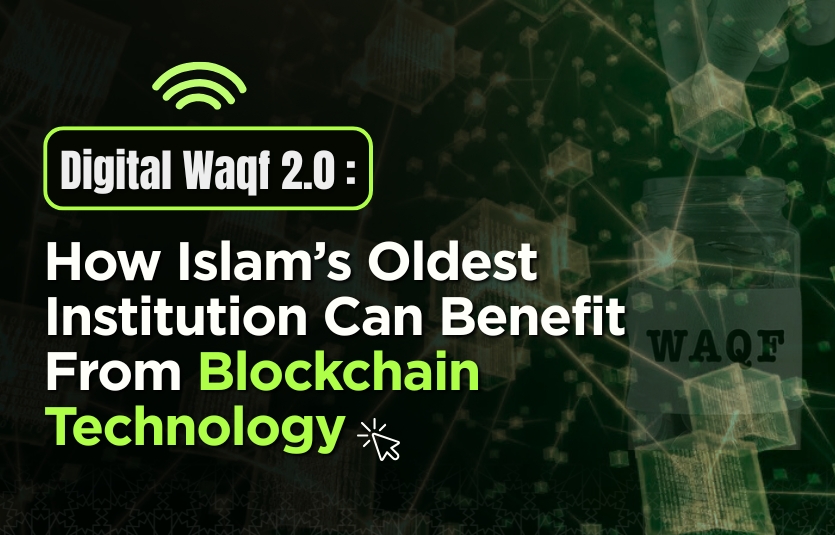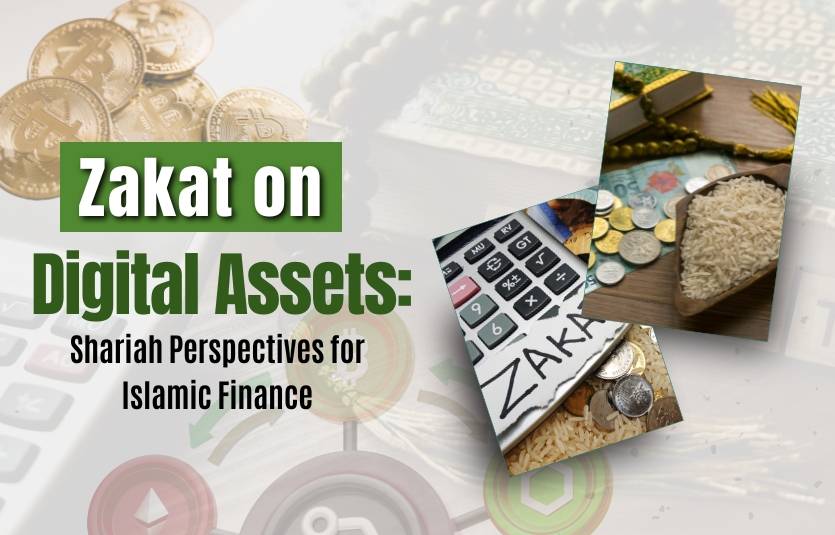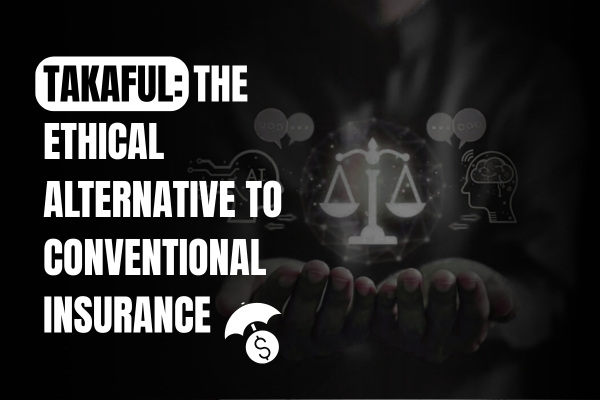Islamic Home Financing: Halal Options for Everyday Muslims

Introduction Ahmed and Amina, a young couple with two kids, have finally saved enough for a down payment. Like many families, they dream of owning their own home. But there’s one problem, almost every bank they visit only offers mortgages with interest (riba). For them, and for many Muslims worldwide, that’s not an option. They […]
Avoiding Riba in Daily Life: 3 Practical Steps Every Muslim Should Know

Let’s be honest, these days, it feels almost impossible to avoid riba (interest). It’s everywhere, in loans, credit cards, mortgages, even savings accounts. Sometimes we don’t even realize that we’re caught in it until it’s too late.But here’s the thing: as Muslims, staying away from riba isn’t just a nice idea, it’s something Allah ﷻ […]
Buy Now, Pay Later (BNPL): A Sharia lens

1. Introduction Buy Now, Pay Later (BNPL) has rapidly emerged as a popular alternative financing method globally, particularly in Saudi Arabia and the Arab region. This innovative solution offers consumers short-term financing for retail purchases, typically without direct additional costs or interest for the customer, providing immediate purchasing power. Despite its convenience, BNPL’s Sharia compliance […]
Digital Waqf 2.0

Digital Waqf 2.0: How Islam’s oldest institution can benefit from blockchain technology The institution of Waqf has been a cornerstone of Islamic Welfare for hundreds of years. In modern times, this institution has been revived through Islamic Finance in several ways, like cash waqf, Sukuk linked Waqf and many more. Blockchain has emerged as a […]
Zakat on Digital Assets

Zakat on Digital Assets: Shariah Perspectives for Islamic Finance Introduction The rapid advent of blockchain-based instruments – notably cryptocurrencies, tokenized assets, and non-fungible tokens (NFTs) – has transformed modern finance and captured widespread interest among Muslims. As Shomad & Ghani (2024) observe, “the rapid emergence of digital assets, specifically cryptocurrency, has transformed modern finance, introducing […]
Islamic Finance Unveiled

Islamic Finance Unveiled: What’s Fact and What’s Fiction. Islamic Finance has emerged as an alternative and counterpart to conventional finance in the last few decades. Although it has proven to be a reliable and often profitable system, it isn’t without its critics. Many people, in and outside the Muslim world have criticized Islamic Finance for […]
The Seriousness of Debt in Islam: A Spiritual and Social Responsibility

They say:“If you want to lose a friend quickly, lend them money, you may end up losing both the money and the friend.”In Islam, financial dealings are not merely worldly transactions, they are spiritual responsibilities with serious consequences. While much is said in Islamic finance about contracts, riba, and commercial ethics, our focus in this […]
The Invisible Hand of Barakah

There is a saying that goes, “Barakah is not having more, it is doing more with less.” When we think of wealth, most people focus on quantity like how much they earn, how much they save, how much they can invest. But in Islam, we’re taught to look beyond numbers. It teaches us that real […]
Takaful: The Ethical Alternative to Conventional Insurance

In today’s uncertain world, protecting our lives, businesses, and families from financial shocks is not just a luxury—it becomes a necessity. Therefore insurance has been introduced. But for Muslims seeking financial products aligned with their faith, conventional insurance poses serious Shariah concerns. This is where Takaful, the Islamic alternative to insurance, steps in as a […]
Non-Fungible Tokens (NFTs): An Economic and Shariah Perspective

The emergence of blockchain-based Non-Fungible Tokens (NFTs) has transformed digital asset ownership by introducing unique, immutable, and verifiable digital representations of assets across various sectors. Despite their growing popularity, NFTs have sparked significant debates in Islamic finance due to their novelty, economic implications, and potential conflicts with Shariah principles. This study illustrates the existing landscape […]
